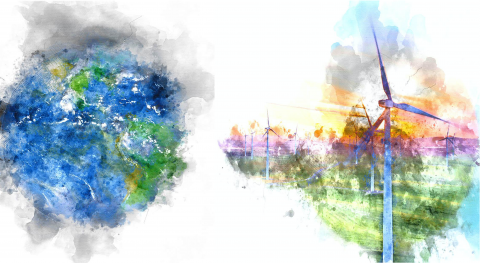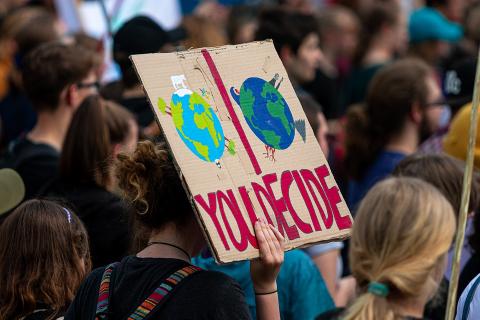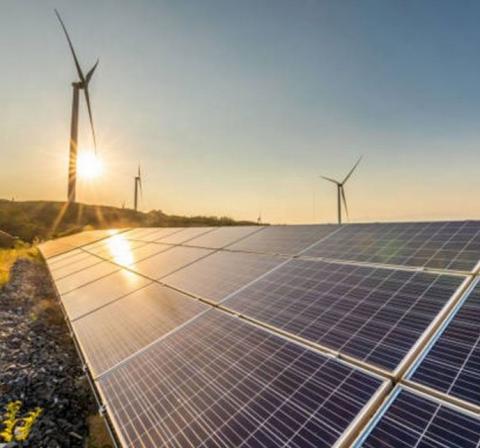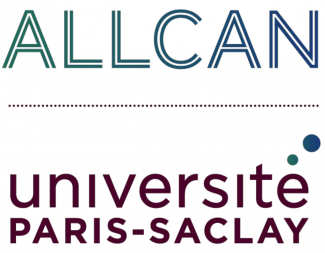
Alliance for Climate Action Now !
AllCAN aims to unite the teaching and research units of the University of Paris-Saclay around the technological challenges of climate and ecological transitions, by setting up training courses, an innovation center and research that combines academic and technological knowledge.
Three components are interacting: a multidisciplinary university diploma targeting several hundred students within five years; an innovation and continuing education center combining resource centers and exchange spaces for students, laboratory members, companies, associations, and communities; a transdisciplinary research program on climate change mitigation and biodiversity restoration, quantification and reduction of vulnerabilities related to climate and ecological transitions, and specific studies on peri-urban areas.

University Diploma "Climate Action"
link to the University Diploma website
The "Climate Action" University Diploma aims to enable students to master the foundations and challenges of climate and ecological transitions in order to complete and put into perspective their initial training, whether in science and engineering, life sciences or human and social sciences.

Research
AllCAN's transdisciplinary research program is developing along three axes: 1/ practical, systemic and technological analysis of climate change mitigation and biodiversity restoration strategies; 2/ quantification and reduction of vulnerabilities related to climate and ecological transitions; 3/ specific studies on peri-urban areas. In line with its open science strategy, it is based on sharing data and methods.

Innovation
The innovation center is a dedicated space for AllCAN. This physical space is a resource center and a space for exchanges between students, members of laboratories, companies, associations and communities. It hosts prototyping workshops, continuing education, seminars and conferences whose goal is to raise awareness, train students and society's actors to the challenges of climate and ecological transitions, and to accompany them in the development of responses.
